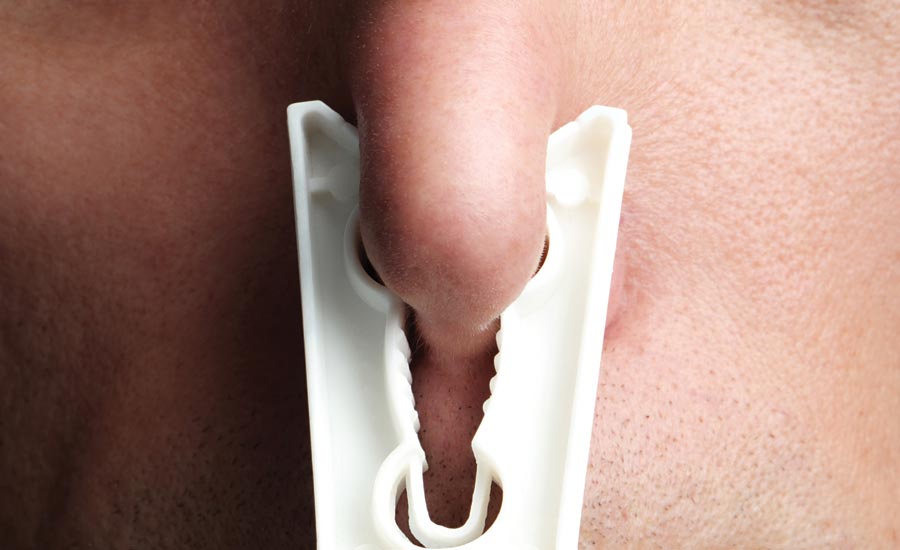When NOT to Use Deodorizers
Article written by Mark Gibson
Eliminating odors after a disaster is important as no matter how well you may have cleaned, the first thing your customer will notice are any lingering smells, and so will assume you haven’t done your job. Numerous restoration companies advertise on their websites that they will, using a variety of terms, “clean, deodorize and restore your home”. Many will thus use deodorizes automatically to finish up a job. But should you?
As many as 30% of people recently surveyed in a study from the University of West Georgia claimed they find scented products to be irritating. Those with asthma or who suffer from chemical sensitivities may find strong scents particularly challenging due to the allergy-like symptoms they can cause. Sensitivity can vary among individuals. In some, all scents are bothersome, and in others only strong smells are.
There are two types of allergy symptoms causes by fragrance sensitivity — respiratory (nose and eye irritation symptoms, much like that of seasonal allergy symptoms) — or skin allergy symptoms. Symptoms of fragrance sensitivity can include:
- Headaches
- Difficulty breathing
- Wheezing
- A tight feeling in the chest
- Worsening asthma symptoms
- Runny and stuffy nose
- Sneezing
- An itchy red rash
An excellent substitute to chemical deodorizers would be to use ozone or true hydroxyl generator instead. They’re both used to eliminate odors, purify the air, and improve indoor air quality. The main difference is that hydroxyl generators are safe for use in occupied areas while ozone generators should only be operated in unoccupied areas. Also, ozone machines typically work 2-3 times faster than hydroxyls at removing odors.
If you do use chemical deodorizers, some scents like lemon and cinnamon may be acceptable to many, but don’t assume it’s okay to use them. At the start of each job, always ask customers if anyone in their home or business suffers from fragrance sensitivity. That way you’ll know which products or equipment you’ll need to have on hand.

